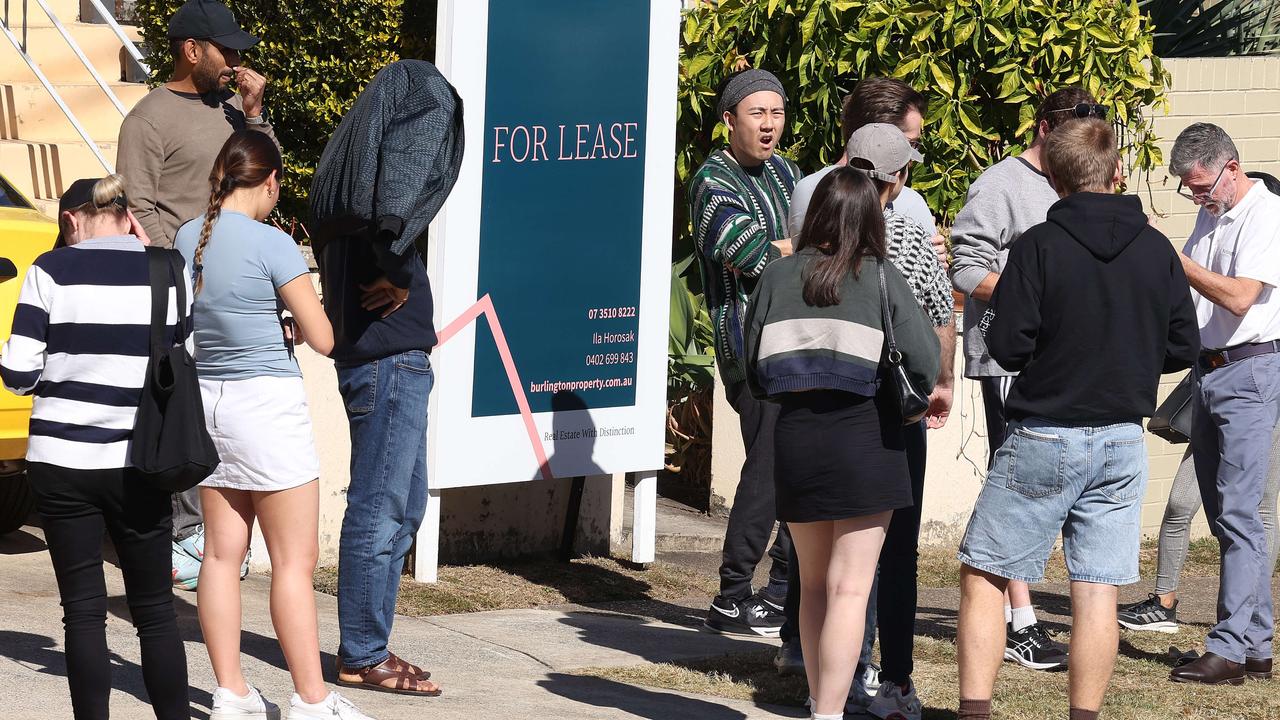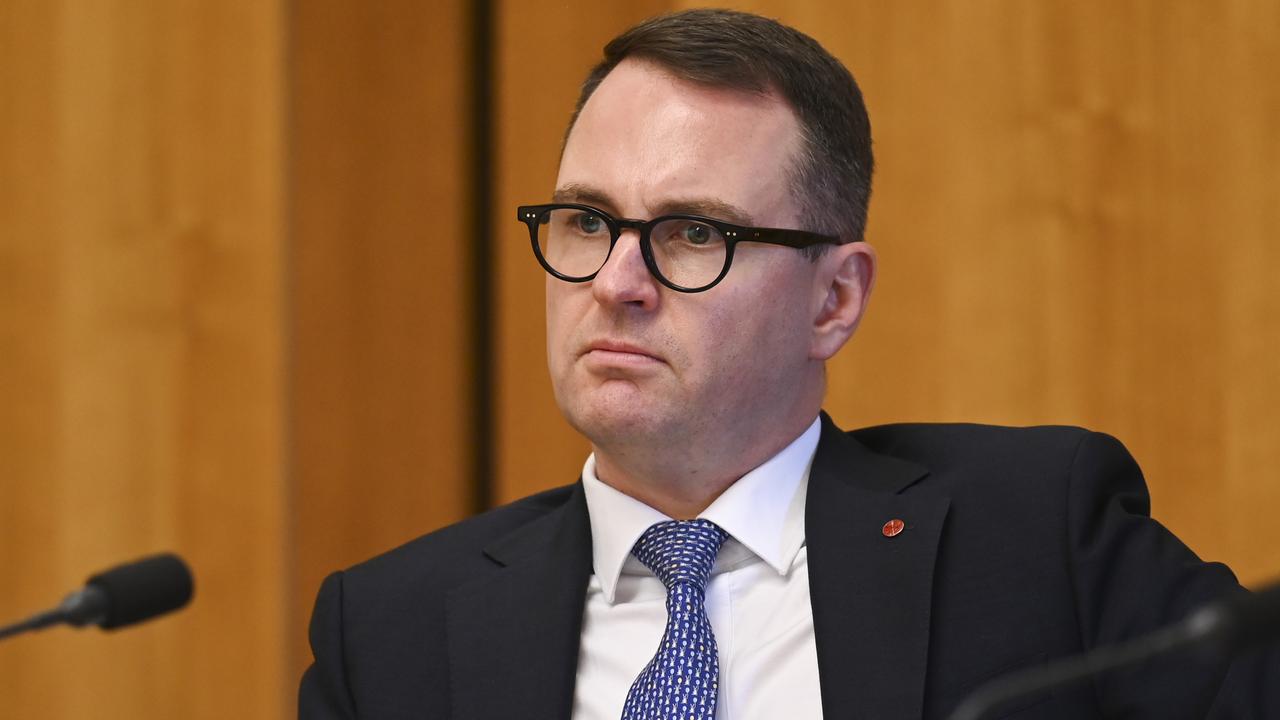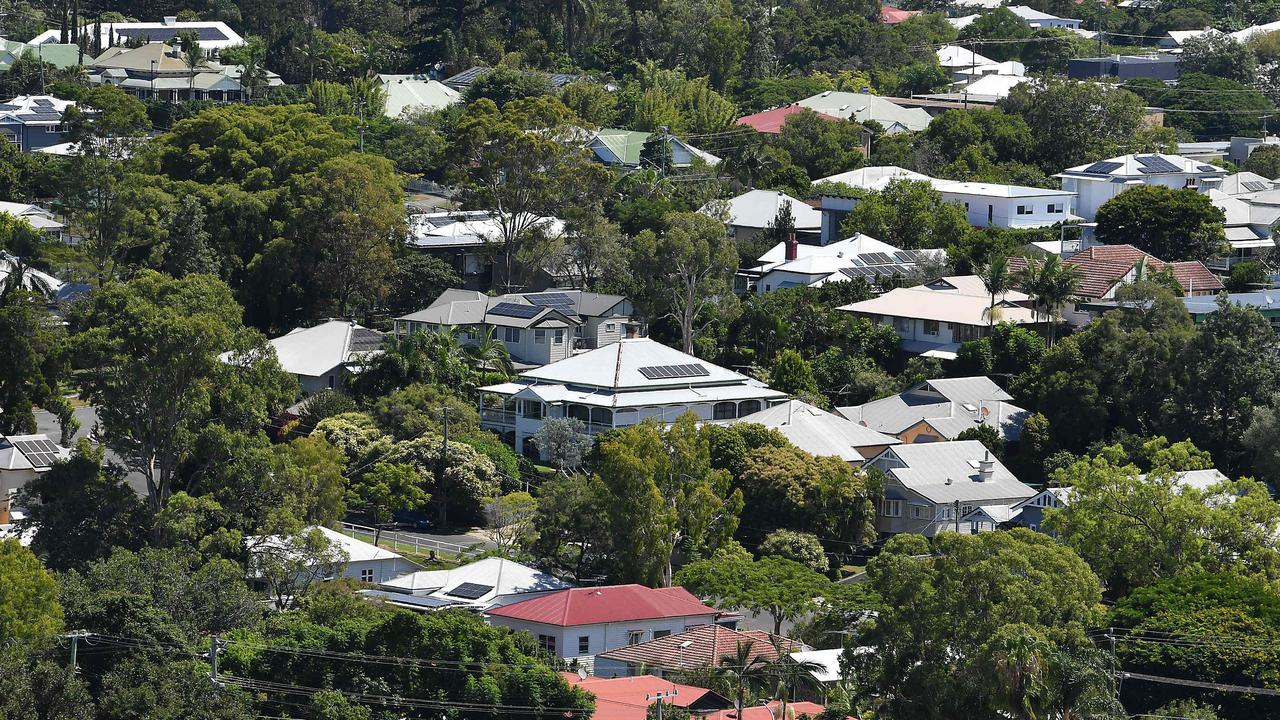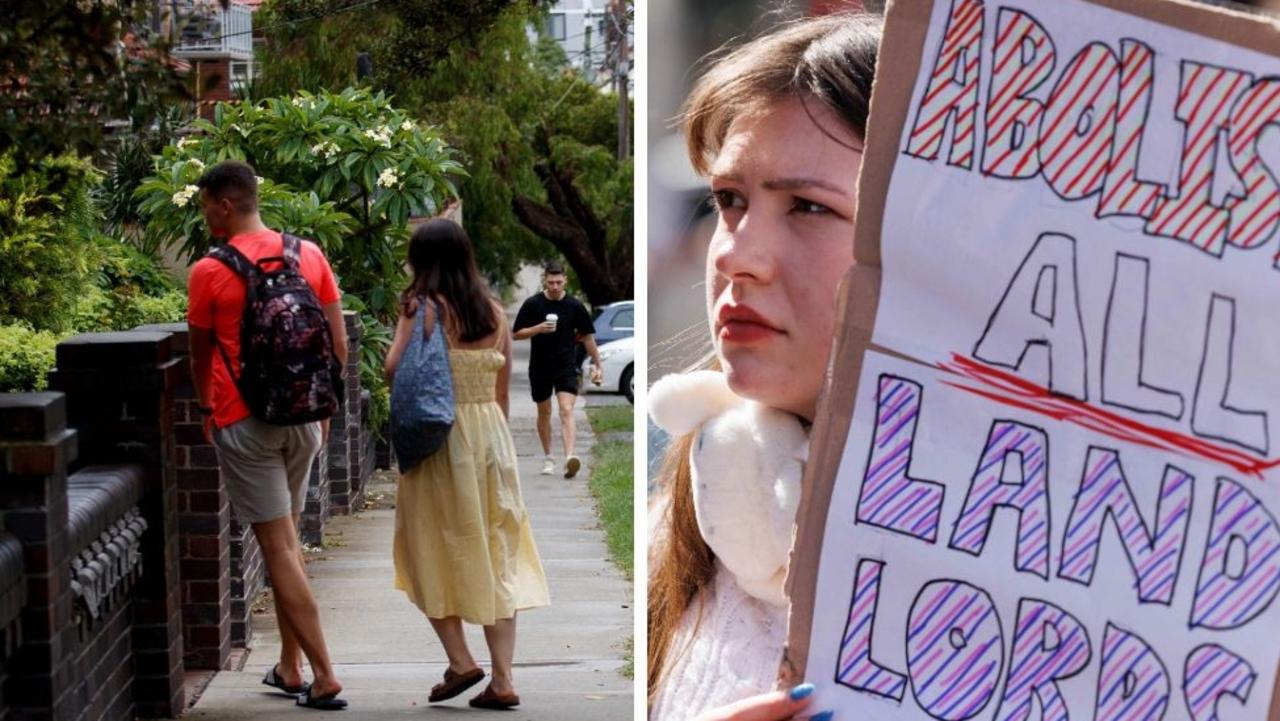Scary reason rents could rise by $3000
There are warnings that life could be made “financially harder for younger Australians” with rents to soar and property prices to spike an extra $75,000 too.

A plan to allow Aussies to access their superannuation to use as a house deposit could have a devastating impact on the rental market – forcing rents up by $3000 a year, new research has warned.
The price hike would amount to an extra $57 a week that renters would need to find.
The policy to use $50,000 from super for house deposits was announced by the Coalition but experts have cautioned against the move.
Research found the policy could also cause house prices to skyrocket by 9 per cent for a median property, according to the Super Members Council (SMC).
Even homebuyers would be worse off under the policy, it also found, losing out on $165,000 as their super would take a huge hit and they would also be competing in a market where property prices would spike.
Previous SMC modelling showed the policy would raise capital city house prices by $75,000 – forcing future generations of young Australians to wait even longer to buy, it argued.

Super Members Council CEO Misha Schubert said allowing first home buyers to access $50,000 from super for a deposit would not create any more homeowners and leave people worse off financially.
As the nation’s super savings pool grows to $3.9 trillion, the temptation has grown for policymakers to seek to use super to fix other unrelated policy problems, she added.
“A couple withdrawing their super early for a house deposit is projected to be $165,000 worse off over their lives,” she said
“That’s because rents, mortgage repayments, stamp duties and rates would all rise – and people would lose a mountain of money from their super at retirement. It would make life harder financially for young Australians – especially those renting – and make cost-of-living pressures worse.”

In New Zealand, where its retirement savings system allows early super withdrawals for house deposits, their returns are 1.14 per cent lower than for typical Australian super accounts.
That difference in investment returns could mean as much as $130,000 less at retirement for a 30-year-old, the SMC found.
It previously found the policy would also cost the Budget more than $300 billion by the end of the century and $40 billion cumulatively by 2060 – mostly due to the rising age pension bill but also a loss of tax revenue on super earnings.
But Coalition assistant spokesman for home ownership Andrew Bragg argued that funds were acting in their own interests, rather than that of their members.
“The Super Members Council’s ‘analysis’ is a desperate self-serving scare campaign against super for housing,” he said.
“Big Super wants to keep our super under lock and key so they can keep charging $30 billion in fees a year. It is like putting Dracula in charge of the blood bank.”

Ms Schubert has renewed a call for the policy to be dropped and for strong bipartisanship on the preservation of super for retirement at a speech she will deliver to Australia’s business leaders at the Committee for Economic Development of Australia on Tuesday.
She said allowing super to be withdrawn would be bad for all Australians and risk reversing the gains super has made for people’s savings, living standards and the budget.
“Australia has built a transformative policy miracle in super. It is the envy of the world,” she will say at the business leaders forum.
“Both major parties of government have contributed to super’s success – and both of them have a duty to safeguard it. Strong and enduring bipartisanship on the fundamentals of super is essential to ensure millions of Australian retirees have enough income to live on.”
As an example of the success of the super system the typical 30-year-old could expect to retire with $500,000 in super, Ms Schubert will reveal.

The Association of Superannuation Funds of Australia (ASFA) has also previously labelled the policy proposals as a “bandaid to Australia’s chronic housing shortage” which was unfair on young people.
“Building more homes is the solution to Australia’s housing shortage, and it's unfair to ask young people to mortgage their retirements in an attempt to get on the property ladder, amid a housing-affordability crisis,” said ASFA chief executive Mary Delahunty.
“While ASFA welcomes constructive discussions on how best to ensure everyone in this country has a safe place to live, our research demonstrates that early withdrawal of superannuation will worsen intergenerational inequity without fixing the core problem of desperately needed housing supply.”


It also found that half of all renters aged 30 to 39 have less than $30,000 in superannuation savings – much less than the deposit of $120,000 or more currently needed to purchase an entry point home.
Almost no one in the 25-34 age group in Sydney, whether a single or couple, could raise enough money for a deposit on an average house or unit by using their superannuation alone, even if they emptied out their retirement savings, ASFA also found.
“These measures may serve to further boost the purchasing power of high-income, high super-balance buyers who are already well placed to purchase property, but they will not make home ownership more attainable for the majority of aspiring first-home buyers and those with low superannuation balances,” added Ms Delahunty.
The policy would further penalise the large cohort of young Australians who withdrew retirement savings through the Covid-19 pandemic Early Release Scheme, she noted.
“Repeating the mistakes of the pandemic and asking the same cohort of young people to rob their future selves by raiding their super – something never asked of older generations – would suggest we’ve abandoned the goals of fair and equitable retirement and housing market policy settings in this country,” she said.






